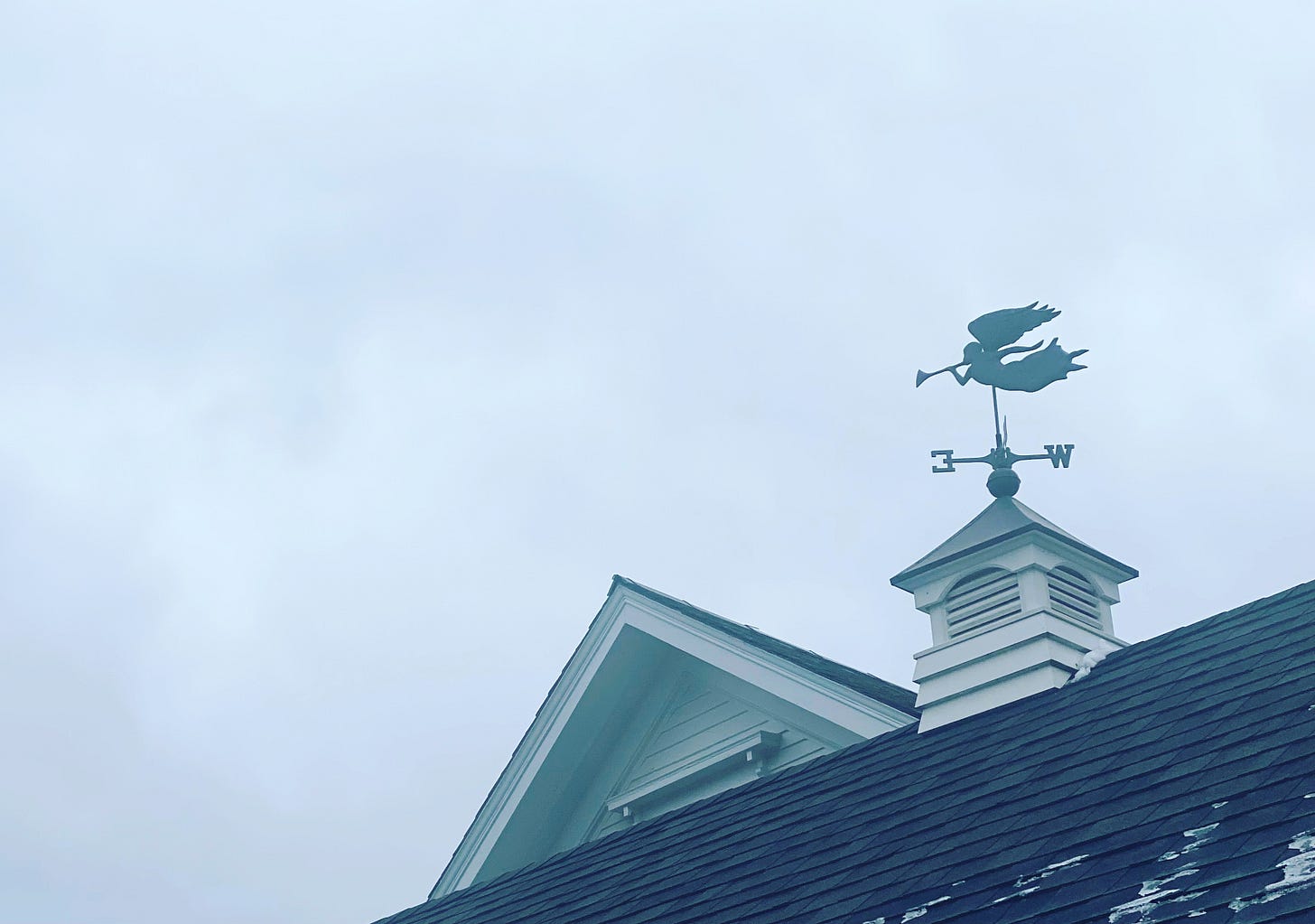I grew up in the late sixties and seventies in what we used to call a mixed community. Meaning: we were Catholics and Jews, Lutherans and Buddhists, Muslims and Hindus and Sikhs and AMEs and Baptists. We were in and out of each other’s houses after school, growing up together: Black, White, Brown, and every possible color, we attended each other’s confirmations and Bat Mitzvahs, dancing the hora holding the hands of our grandparents who were holding the hands of our Japanese friends who were holding the hands of our Egyptian friends who were linking arms with our Black friends who were laughing together with the local rabbi. Sounds nice. But just to be clear: I don’t tell this story because we were some sort of living manifestation of It’s A Small World, because we weren’t. Queens when I lived there was rough; there was a lot of gun violence, a lot of drugs, and I saw (and personally experienced) far too much than I should have as a kid. We all did.
And yet, connected to each other as we were, we asked each other this question on an almost regular basis: What are you?
And yet, connected to each other as we were, we asked each other this question on an almost regular basis: What are you? It was a confusing question and it undoubtedly came from our parents and grandparents trying to parse and organize for themselves who, exactly, their children were spending time with. Ultimately, it didn’t matter — children are, I am convinced, far kinder and smarter than their prejudiced, bigoted elders; kids, for the most part, see people as people and do not organize them into groups that they are supposed to like or dislike based on the color of their skin or their religious practice — but the question stuck with me over the years, and I could never quite answer it sufficiently for myself: what are you? I’ve never been able to answer it in a way that felt authentic. We are a species uncomfortable with ambiguity; we are hard-wired to know who is a perceived friend or an enemy, who we are supposed to like or dislike, who is right and who is wrong, and who has, as Joan Baez and Bob Dylan sang, God on our side, and who doesn’t. Life is so much easier that way, isn’t it.
So, who am I? Born to Jewish parents, raised in a secular Jewish home, I find the spirit everywhere from my seat on a meditation cushion to high tide in Owl’s Head Maine. That’s who I am. And that will absolutely not fit on a hospital intake form, where I generally now check the box that says Unaffiliated.
We are a species uncomfortable with ambiguity; we are hard-wired to know who is a perceived friend or an enemy, who we are supposed to like or dislike, who is right and who is wrong, and who has, as Joan Baez and Bob Dylan sang, God on our side, and who doesn’t.
I used to feel incredibly guilty about this: my father came from a very long line of Talmudic and Rabbinical scholars, and although he himself had an extremely complicated relationship with the religion of his birth (I wrote about this in Treyf, my second book), he defined himself that way. It gets more complicated: my great grandmother was murdered by Nazis in 1942 for being an eighty year old Jewish beet farmer. My grandfather came to America alone at eleven years old in 1905 to escape the pogroms. I was once romantically aligned with someone whose Nebraska sister-in-law looked for my horns. (I would like to say that I’m kidding, alas; this was in 1988.)
Keep reading with a 7-day free trial
Subscribe to Poor Man's Feast to keep reading this post and get 7 days of free access to the full post archives.





